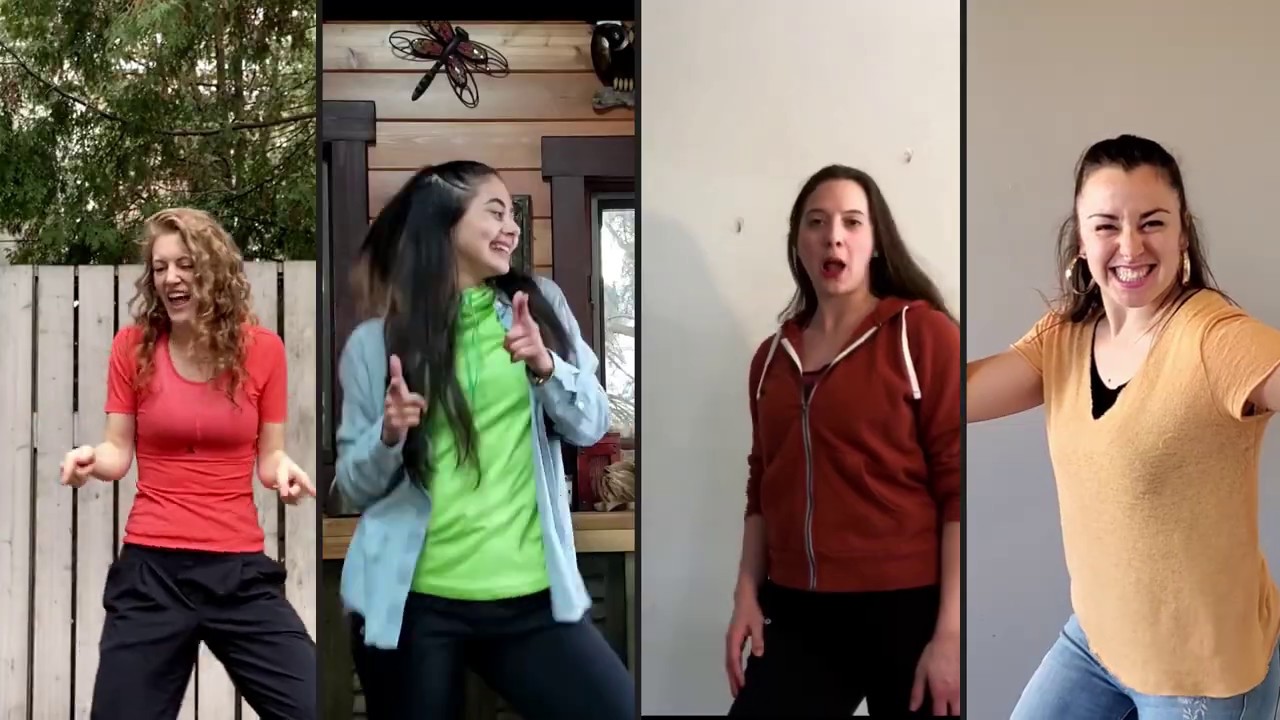
Call us Call us As the title suggests, learning to trust your dance partner is much the same as trusting your life partner. These problems persist because they are symptoms of the deeper issue of trust. Any person who blindly trusts another person within a moment of meeting them is asking for trouble. We build trust with others as we get to know them, their virtues and weaknesses. We establish that they are generally good people, who are looking for connection for the same reasons we are. For this reason, dance partnerships often work out better if your partner reminds you of the better parts of yourself. This barrier breaks when we recognize the other person is truly acting to our benefit, rather than their own.
Here are some reasons to explain the vaguely-understood-but-never-quite-put-into-words mystery that is dance crushes, teamcest, and intra-community dating. While it is perfectly possible to admire the great talent, great passion, and great work ethic of a dancer, the line between that admiration and attraction is very thin because of this reason. This sentiment is particularly highlighted when some mainstream media channel shares the work of someone in our circles. How adorable. I was backstage!
Everyone loves dancing, and dancers exude and spread a lot of warmth, cheer, and happiness that they get from their art. But what's the story backstage? What are the real faces behind the makeup and the pleasant demeanor? Are dancers working in tandem with each other even when no one is watching? How are their interpersonal relationships? It is important for dancers to form and keep nurturing positive relationships with the dance community that shares their love for dance.
